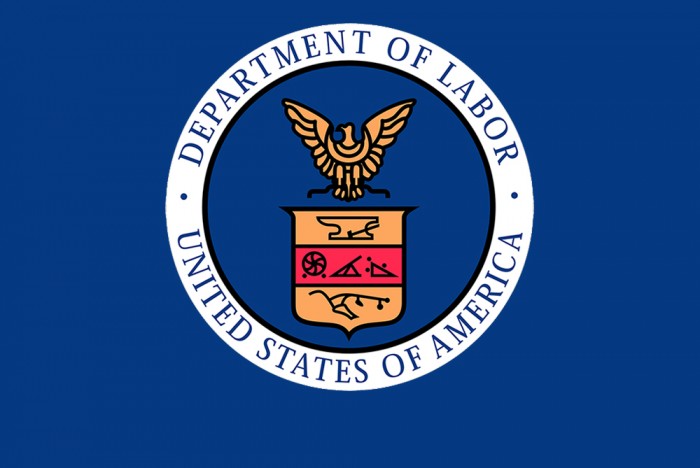ANCOR
SOC Revision Process Beginning — Public Comment Period Open Until August 12

ANCOR has shared that the first step to revise the Standard Occupational Classification process has begun. Today the Office of Management and Budget (OMB), on behalf of the Standard Occupational Classification Policy Committee (SOCPC) — which is the committee that makes recommendations to OMB for potential revisions — announced it is beginning the review of the 2018 Standard Occupational Classification (SOC) Manual for revisions to be made for 2028, and that it is soliciting public comment.
This is an opportunity to write comments in support of revisions to the SOC, in particular for the creation of a code for direct support professionals. In its notice for comments, OMB specifically notes that it “solicits and welcomes comments related to any aspect of occupational classification, especially comments concerning . . . whether to consider the addition of new detailed occupations or occupational groups, including specifically care workers.”
The public comment period is open until August 12, 2024. ANCOR will be submitting comments and providing additional guidance and tools to submit comments in the coming weeks.
For more information, the notice is available on the Federal Register website.











